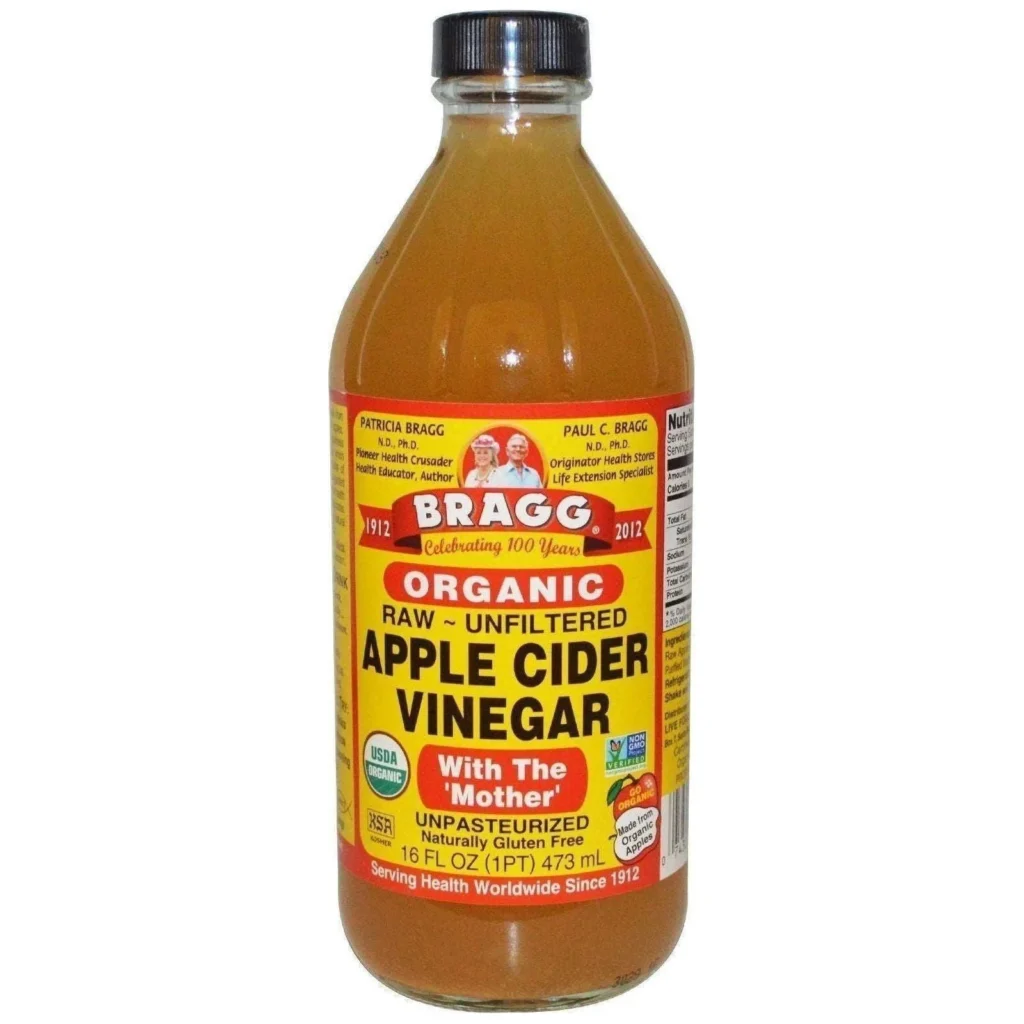By Staff Writer Ed June 23, 2025
How Medications and Supplements Cause Constipation – And What You Can Do About It
Constipation is one of the most common digestive complaints, yet it’s often misunderstood and underestimated. While many people associate constipation with poor diet or lack of exercise, one of the most overlooked causes is the use of certain medications and dietary supplements. From prescription painkillers to over-the-counter vitamins, many commonly used substances can slow down bowel movements and lead to uncomfortable, even debilitating symptoms.
This article explores how medications and supplements cause constipation, which ones are most likely to be responsible, and—most importantly—what you can do to treat and prevent it.
What Is Constipation?
Constipation is typically defined as having fewer than three bowel movements per week, but it can also refer to other symptoms like:
- Hard, dry, or lumpy stools
- Difficulty passing stool or straining
- A feeling of incomplete evacuation
- Bloating or abdominal discomfort
While occasional constipation is common, chronic constipation can significantly affect your health and quality of life.
How Medications Cause Constipation
Many medications interfere with the digestive system’s natural rhythm, slow gut motility, or reduce the water content in stool—all of which can lead to constipation. Here are the main categories of constipation-causing drugs:
1. Opioids and Aspirin
Medications like oxycodone, morphine, hydrocodone, and codeine are powerful pain relievers, but they are notorious for causing constipation. They work by binding to receptors in the brain and spinal cord—but also in the gastrointestinal (GI) tract—slowing the movement of stool through the colon.
2. Antidepressants
Tricyclic antidepressants (TCAs), such as amitriptyline and nortriptyline, and even some selective serotonin reuptake inhibitors (SSRIs), can slow down digestion by altering nerve signals in the gut.
3. Antacids Containing Calcium or Aluminum
Antacids may relieve heartburn but can also harden stools, especially those with aluminum hydroxide or calcium carbonate. These compounds can slow down intestinal movement and reduce water in the stool.
4. Iron Supplements or any type of supplement
Often prescribed to treat anemia, iron supplements and any other supplement can irritate the gut lining and cause stool to become hard and dark. They’re especially constipating when taken without adequate water or fiber.
5. Calcium Supplements
Calcium supplements are commonly taken for bone health, especially in older adults. However, high calcium intake—particularly when unbalanced with magnesium—can slow down intestinal contractions.
6. Diuretics
These “water pills” are used to lower blood pressure and reduce fluid retention. Unfortunately, they can dehydrate the body, including the colon, leading to drier, harder stool.
7. Calcium Channel Blockers
Prescribed for high blood pressure and heart rhythm disorders, these drugs (like verapamil and diltiazem) relax blood vessels but also reduce contractions in the intestines, leading to slower bowel movements.
Supplements That Cause Constipation
While medications are more commonly blamed, certain supplements can also cause constipation, especially when taken in high doses or without proper hydration:
- Iron supplements – Commonly constipating, especially ferrous sulfate.
- Calcium supplements – More so when taken without magnesium.
- Protein powders – High-protein diets without enough fiber can slow digestion.
- Fiber supplements – Without sufficient water, fiber supplements can bulk up stool without moving it along.
- Multivitamins – Those high in iron or calcium may cause digestive issues.
How to Prevent and Treat Medication-Induced Constipation
The good news is that most cases of medication- or supplement-induced constipation can be managed effectively with a combination of lifestyle changes, over-the-counter remedies, and—when necessary—medical support.
1. Talk to Your Doctor
If you suspect your constipation is linked to a medication, do not stop taking it on your own. Speak to your healthcare provider. They may:
- Adjust the dose
- Switch you to a less constipating alternative
- Recommend a laxative or stool softener
2. Stay Hydrated
Drink plenty of water throughout the day.  Dehydration is a major contributor to constipation, especially when taking diuretics, fiber supplements, or iron.
Dehydration is a major contributor to constipation, especially when taking diuretics, fiber supplements, or iron.
3. Increase Fiber Intake
Fiber adds bulk to stool and helps it move through the intestines. Aim for 25–35 grams of fiber per day from foods like:
- Fruits (apples, berries, pears)
 Vegetables (spinach, carrots, broccoli)
Vegetables (spinach, carrots, broccoli)- Whole grains (oats, brown rice)
- Legumes (beans, lentils)
Increase fiber gradually and always pair it with water.
Drink dark fruit vinegar, apple cider vinegar or pineapple vinegar.
The more organic the better or make it yourself for guaranteed results.
4. Exercise Regularly
Physical activity stimulates intestinal contractions. Even simple movements like walking or light stretching can encourage regular bowel movements.
5. Use Laxatives Safely
Over-the-counter options can offer relief, but use them under medical supervision:
- Stool softeners (e.g., docusate sodium) help add moisture to stools.
- Osmotic laxatives (e.g., polyethylene glycol, magnesium citrate) draw water into the colon.
- Stimulant laxatives (e.g., senna, bisacodyl) encourage muscle contractions in the intestines.
Avoid overuse, as dependence can occur.
6. Try Probiotics
A healthy gut microbiome supports regular digestion. Yogurt, kefir, fermented vegetables, or probiotic supplements may help regulate bowel movements over time.
7. Consider Magnesium Supplements
Magnesium helps relax muscles in the gut and can act as a mild osmotic laxative. Magnesium citrate and magnesium oxide are common choices—but consult your doctor first.
When to See a Doctor
Occasional constipation is normal, but certain signs suggest a more serious issue:
- No bowel movements for more than a week
- Severe pain or vomiting
- Blood in stool
- Unexplained weight loss
- History of bowel obstruction
Seek medical advice if any of these symptoms occur.
Conclusion
Constipation caused by medications and supplements is a widespread issue, but it’s often treatable with the right combination of awareness, diet, hydration, and medical guidance. Don’t ignore the signs—your body is trying to tell you something. Whether you’re taking an iron pill or a prescription opioid, knowing the side effects can help you take steps to stay regular and feel better.














